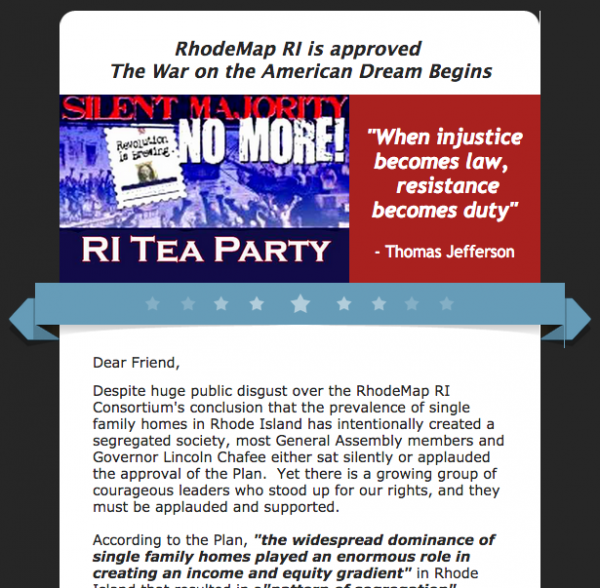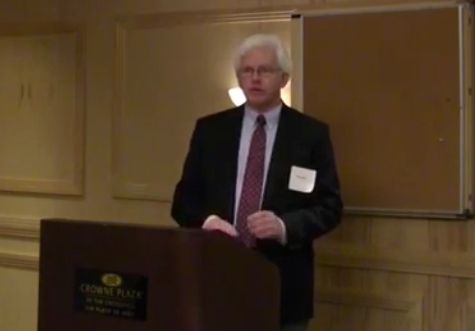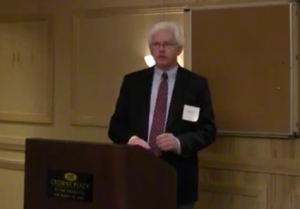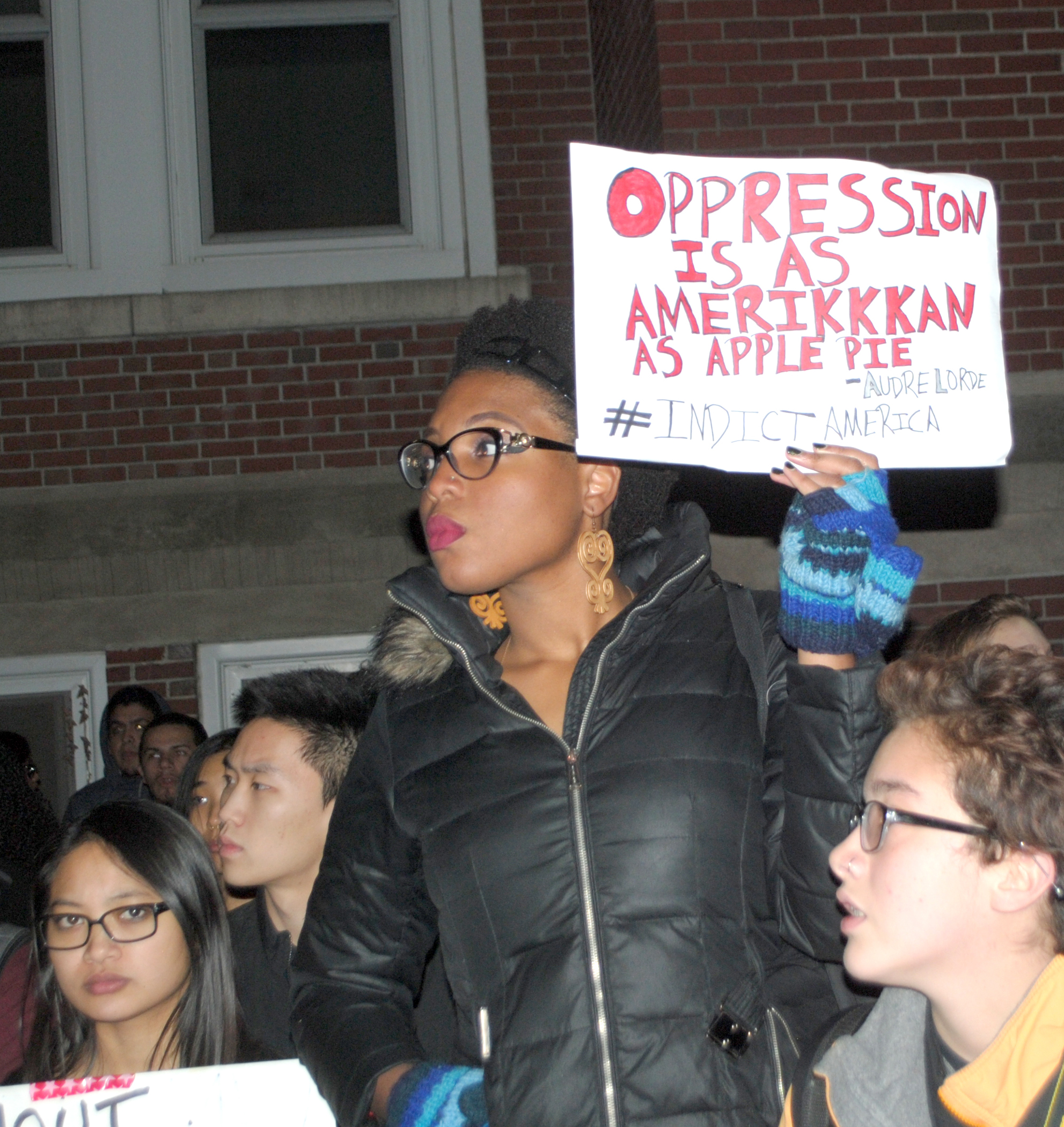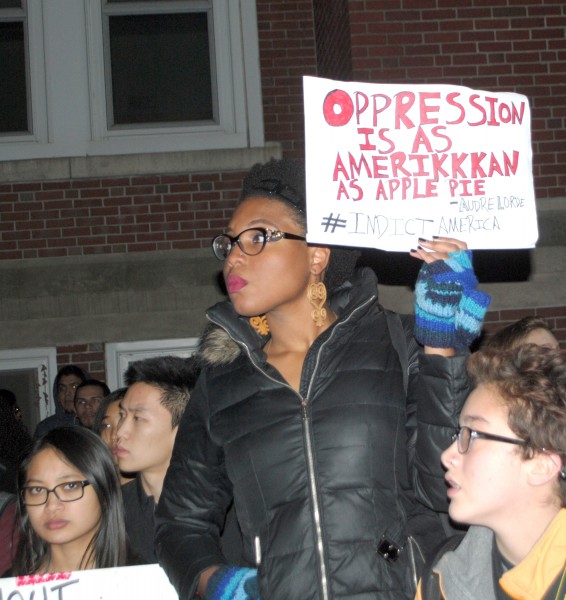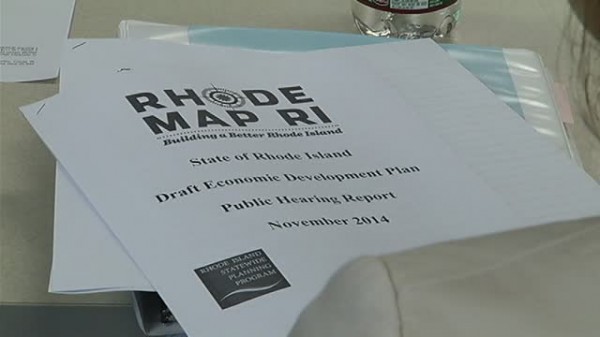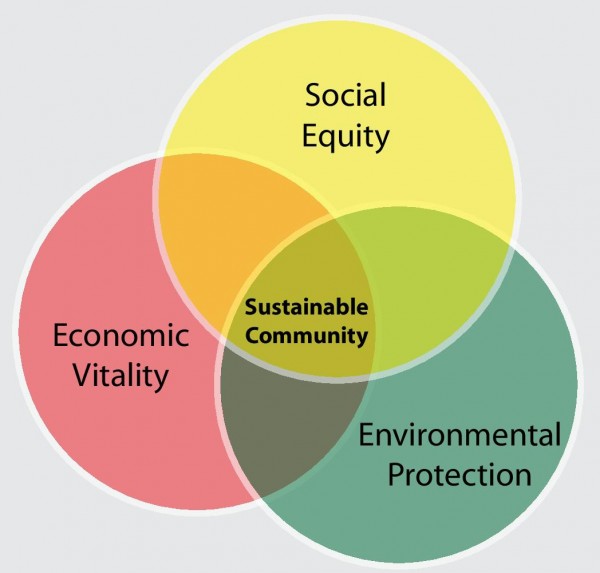 We’re apparently supposed to be afraid, very afraid, of Lincoln Chafee’s “Rhode Map” for economic development. Since the election there seems to be a coordinated effort to scare the state about this plan for future growth.
We’re apparently supposed to be afraid, very afraid, of Lincoln Chafee’s “Rhode Map” for economic development. Since the election there seems to be a coordinated effort to scare the state about this plan for future growth.
Gary Morse, wrote a fairly confused screed in the Providence Journal Monday that complains the RhodeMap RI, well, I’m not really sure what is the problem with it. Maybe that its development was partly funded by the US Department of Housing and Urban Development? He writes,
“[W]hat RhodeMap RI is really all about is HUD’s demand that low-income housing, particularly low-income rental housing, be implemented side-by-side with existing housing in every neighborhood across America.”
Shocking, I know. But he can’t quote anything in the report to support this kind of claim because it doesn’t say anything like it anywhere in the report. Go ahead, search it right here.
There is a comment in there that lots of towns in our state have failed to meet the affordable housing goals in their comprehensive plans, but (a) that’s no surprise to anyone and (b) it’s not what Morse claims is being said.
Over at the Center for Freedom and Apple Pie, the analysts are even more distraught. According to them:
“RhodeMapRI is the most dangerous public policy agenda every [sic] proposed for the Ocean State.”
Which part of the plan has them so upset? Again, it’s not exactly clear. Here’s the Center again:
“If implemented in our state, as similar plans have been implemented in other cities and counties across America, with as much lack of concern for the property rights of individuals and business owners, with as much ignorance of basic economic principles, and with as much derision towards the sovereignty of locally-elected officials, our Center has no reservations in going on record as a strong opponent of this RhodeMapRI scheme.”
In other words they are concerned that someone in your government might show a lack of concern for property rights, but they can’t show where in the plan this lack of concern is manifest. In fact, in the entire nine-page “analysis” linked to above, they don’t manage to quote the Rhode Map document even once to show what they see as so “dangerous.” Not once.
They quote lots of other proponents of affordable housing and “smart growth” – two phrases that seem to be key to their evaluation of “danger.” But it’s not clear to me why we should fear housing that people can afford to live in, or growth smarter than we have seen. My town, for example, has grown enough that we have fouled one of our town wells and allowed so much development that there is no place to dig another well to replace it. I would welcome growth smarter than that.
Meanwhile, over at the RI Tea Party Patriots site, there are more dire warnings about the agenda behind the “Rhode Map.” Over there, they helpfully list many other phrases that set their teeth on edge:
-
Smart Growth
-
New Urbanism, Urban growth boundaries
-
Redevelopment Areas, mixed-use re-zoning
-
Social equity, social engineering
-
Wild lands programs
-
Affordable housing
-
Community oriented policing
-
Climate change
-
Green (fill in the blank–green loans, green renewable energy. . .)
Again, though, despite lots of frothing about people who use these phrases, there are no actual quotes from the Rhode Map document. In fact several of these phrases don’t appear at all. Try, for example to find anything about “community oriented policing” in the document. Or “wild lands,” “social engineering,” or “urban growth boundary.” They are simply not there.
What is most fearsome about this plan is entirely in the imaginations of the writers.
There is one place where the curtain slips a little. The Center for Freedom and Apple Pie dwells extensively on the threat the Rhode Map poses to private land ownership. This is more nonsense, of course, but it is true that land-use planning is an important part of the Rhode Map, and restrictions on land use are a fairly unexceptional part of that kind of planning. That is, if you want a plan to actually work. Companies across America plan for the future, and families do, too. But in the eyes of the Center for Apple Pie, the only plans a government should make are ineffectual ones.
What is going on here is a reaction to the mere threat of a plan, especially one that might have such fearsome goals as affordable housing and community-oriented policing. Who would have the temerity to suggest such dastardly policies? Only a North-Korea-loving-Venezuela-hugging-apostle-of-Marx-with-a-K-communist, of course.
In truth, the Rhode Map is hardly the stuff of anybody’s bad dreams. It is, instead, a perfectly sensible set of suggestions about how our state might move forward to the benefit of all.
The Rhode Map is a big document, and I’m certainly not going to endorse every word of it, but it’s miles better than any economic development document that has been prepared in this state over the last three decades. If anything, I find it a bit anodyne (it was, after all, the work of a large committee) and think that many of its recommendations are easier to say than to implement. Here are some:
A. Provide opportunities for career growth and assist employers to attract and retain qualified talent.
B. Support reform of the education system to better provide the knowledge and skills necessary for success.
C. Support apprenticeships and internships to increase access to experiential learning
The horror, the horror!
What is so terrifying about a plan like this, of course, is that it illuminates a different way to go. An economic development plan that does not depend on just cutting taxes for rich people and companies, that does not envision more cuts to education and fewer repairs of our roads, and that does not blame our economic ills on immigrants or liberals is a real threat to people whose livelihood depends on selling fear and outrage.
And of course, the most disquieting thing of all for these opponents of the Rhode Map is that focusing on the fundamentals, well, it might work. The idea that Grover Norquist’s hope to drown government in the bathtub might be discredited by the success of an opposing viewpoint is too terrible to contemplate. Which is why the tribunes of great wealth can always be counted on to wax hysterical against plans that might discomfit their masters. They are reliable because they are paid to be.
So hooray for Lincoln Chafee and his attempt to at last insert some simple common sense into our state’s planning apparatus. It’s way overdue. But don’t believe me; check out the Rhode Map yourself: rhodemapri.org.

